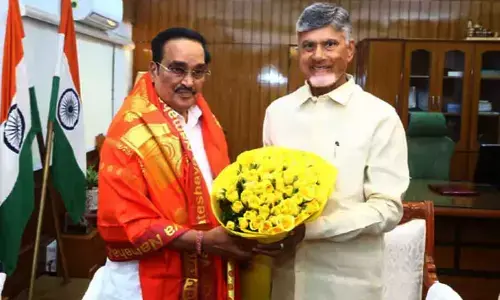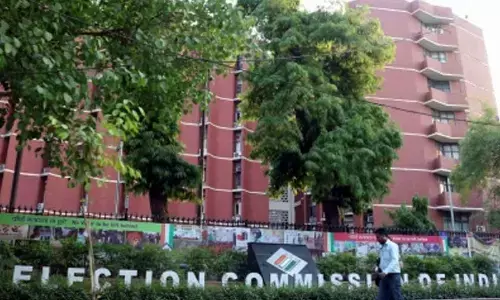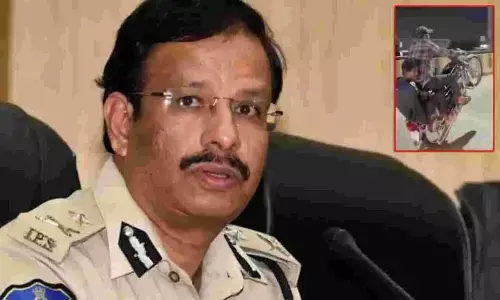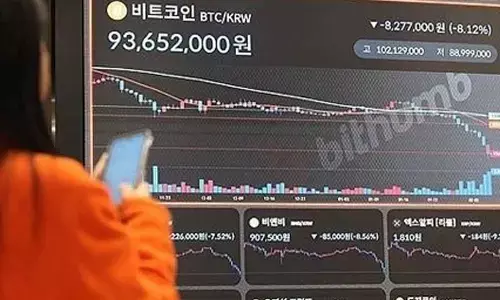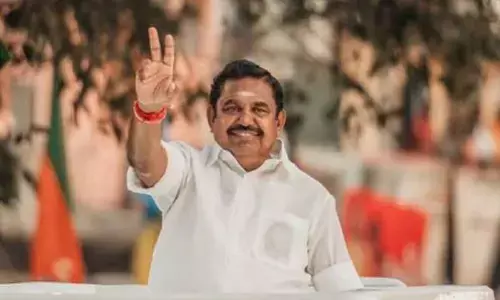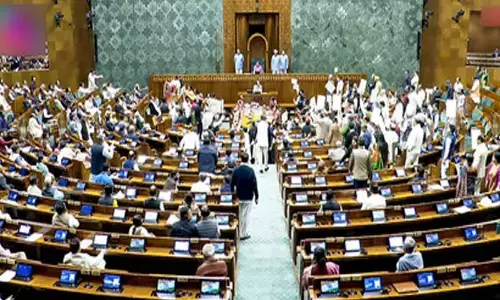Protesting is right, but not at cost of peaceful public
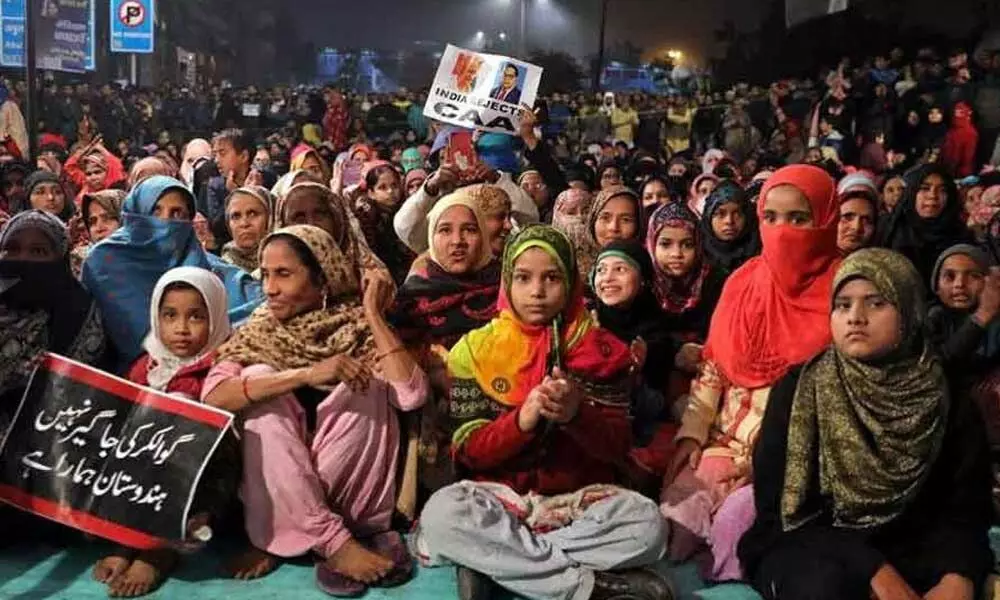
Protesting is right, but not at cost of peaceful public
Ever since, the Central government passed the three farm legislations, farmers and their unions across the country, particularly from Punjab and Haryana, have been opposing it by protesting at public places
Ever since, the Central government passed the three farm legislations, farmers and their unions across the country, particularly from Punjab and Haryana, have been opposing it by protesting at public places. From November 26, 2020, they started their protests by sitting at the borders of Delhi, leading to traffic disruptions. Due to these protests, the Delhi Transport Corporation suspended services of the inter-state buses from Delhi to other States and vice-versa.
This article neither discusses the pros and cons of the three farm bills nor aims to undermine the protests by the farmers, but only analyses the legal position as to "right to protest at public places".
The Supreme Court in Amit Sahni v. Commissioner of Police on October 7, 2020, while observing that the "right to protest at a public place" to express one's dissent is a sacrosanct fundamental right guaranteed to each citizen under the Constitution, held that "the demonstrations expressing dissent have to be in designated places alone". The pertinent issue now is whether the court curtailed the fundamental right of the protesters or it tried to balance their right with non-protestors' fundamental rights like right to proper sleep, pollution free environment, travel freely, live peacefully and to privacy.
The instant ruling was in relation to continuous agitation by a large number of women in Shaheen Bagh area in Delhi, for opposing the Citizenship Amendment Act 2019, almost for an indefinite period until the Covid-19 compelled them to call off their protest. Expressing dissent over any action or inaction of the government includes the right to protest peacefully. General understanding is that, for the voice of dissent to reach the government, protest has to be in public places like streets, roads, and parks.
The demonstrations on the streets and roads affect the daily life of the non-demonstrators. Hence, demonstrations on the streets and roads have been substantially disallowed by the police authorities. The only option left is to allow the demonstrators protest at a fixed place designated by the authorities, like Jantar Mantar and Ramlila Maidan in Delhi, Dharna Chowk in Hyderabad, and many other designated places across the country. But the dissenters feel that demonstrations at one designated place would not compel government to respond, therefore they demonstrate at different public places where they think their voice would be seen, heard and would get media coverage, as in the case of Shaheen Bagh.
Indisputably, demonstrations at undesignated public places cause inconvenience to the people residing in the vicinity due to use of loudspeakers, drums and other sound systems, leading to increase in noise pollution, causing ill effects on health of people, particularly senior citizens and children resulting in sleep disturbances, irritation, and stress. Due to long and indefinite period of protests, the protestors litter, bath, wash clothes, cook food and do their daily activities at the protest site itself. Due to the presence of many protestors coupled with deployment of large number of police forces to control them, the residents cannot carry out their daily chores smoothly. The demonstrations also lead to traffic nightmares. The net result is clear infringement of fundamental rights of non-participants in demonstrations. In fact 23 years ago, in CPI (M) v. Bharat Kumar (1997) case, the apex court declared that "there cannot be any doubt that the fundamental rights of the people as a whole cannot be subservient to the claim of fundamental right of an individual or only a section of the people", by upholding the Kerala High Court judgment that declared bandhs as unconstitutional.
Thus, arises the conflict between competing fundamental rights of different sections of the society. It is needless to recollect that all fundamental rights are interconnected and interdependent as recognised by the apex court in Maneka Gandhi v. Union of India, (1978) case. As it is difficult to give preference to one fundamental right over the other, to come out of this 'caught between devil and the deep-sea' kind of situation, the Supreme Court has evolved the doctrine of "balancing of fundamental rights". In Mazdoor Kisan Shakti Sangathan v. Union of India (2018) case, the top court observed that "balancing (of fundamental rights) would mean curtailing one right of one class to some extent so that the right of the other class is also protected".
Through Shaheen Bagh judgment, the top court tried to balance the fundamental rights of the protestors as well as of the residents. By curtailing the right of protestors to protest only at a designated place, the court tried to protect the various rights of the non-protestors. The court observed that "Our Constitutional scheme comes with the right to protest and express dissent, but with an obligation towards certain duties". By the use of words "obligation towards certain duties", the court meant to say that the protestors while expressing dissent have to keep in mind the fundamental duties imposed on them under Article 51A of the Constitution, which includes duty to abide by the Indian Constitution, safeguard the public property, promote harmony and spirit of common brotherhood, strive towards collective excellence, and above all duty to uphold the sovereignty, unity and integrity of India.
As duty of one becomes right of another and vice versa, it is expected from the protesters that in future they would keep in mind the fundamental rights of non-protesters and would protest at the designated places only. Duty consciousness is a virtue and a value. There should be no dichotomy between knowing the right value and manifesting it by internalising it in one's behavior. It is in this context often said that the values are caught and not taught and that role models have a great significance in transmitting values. It is also fervently hoped that the same fate that befell the judgment in bandhs case where the political parties nonchalantly disobeyed the top court's decision, would not be witnessed in the case of the latest Supreme Court judgment on protest at designated places only.








